Better live in Sweden than in the US: Why More Equal Societies Almost Always Do Better
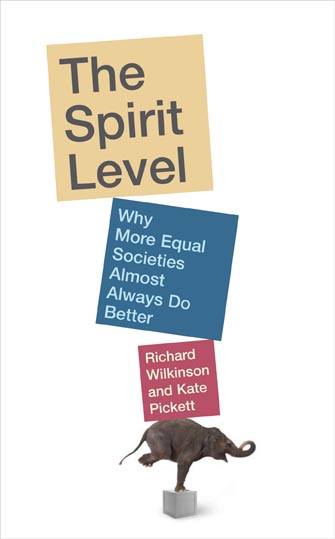 Let's talk about politics for once. It is common knowledge that in rich societies the poor have shorter lives and suffer more from almost every social problem. In a quite fascinating book, The Spirit Level: Why More Equal Societies Almost Always do Better, epidemiologists Richard Wilkinson and Kate Pickett demonstrate that more unequal societies are bad for almost everyone - the well-off as well as the poor (here is the Guardian review, and here is Nature's). The remarkable data the book lays out and the measures it uses are like a 'spirit level' which we can hold up to compare the conditions of different societies. The differences revealed, even between rich market democracies, are striking. Almost every modern social and environmental problem - ill-health, lack of community life, violence, drugs, obesity, mental illness, long working hours, big prison populations - is more likely to occur in a less equal society. The book goes to the heart of the apparent contrast between the material success and social failings of many modern societies. The Spirit Level does not simply provide a key to diagnosing our ills. It tells us how to shift the balance from self-interested 'consumerism' to a friendlier and more collaborative society. It shows a way out of the social and environmental problems which beset us and opens up a major new approach (equalitytrust.org.uk)to improving the real quality of life, not just for the poor but for everyone. Last but not least, (at least for the reader of the ICCI's blog), it is a very good piece of sociology based on cognition and evolution.
Let's talk about politics for once. It is common knowledge that in rich societies the poor have shorter lives and suffer more from almost every social problem. In a quite fascinating book, The Spirit Level: Why More Equal Societies Almost Always do Better, epidemiologists Richard Wilkinson and Kate Pickett demonstrate that more unequal societies are bad for almost everyone - the well-off as well as the poor (here is the Guardian review, and here is Nature's). The remarkable data the book lays out and the measures it uses are like a 'spirit level' which we can hold up to compare the conditions of different societies. The differences revealed, even between rich market democracies, are striking. Almost every modern social and environmental problem - ill-health, lack of community life, violence, drugs, obesity, mental illness, long working hours, big prison populations - is more likely to occur in a less equal society. The book goes to the heart of the apparent contrast between the material success and social failings of many modern societies. The Spirit Level does not simply provide a key to diagnosing our ills. It tells us how to shift the balance from self-interested 'consumerism' to a friendlier and more collaborative society. It shows a way out of the social and environmental problems which beset us and opens up a major new approach (equalitytrust.org.uk)to improving the real quality of life, not just for the poor but for everyone. Last but not least, (at least for the reader of the ICCI's blog), it is a very good piece of sociology based on cognition and evolution.
First, the evidence: There is a strong correlation between inequality and health and social problems.
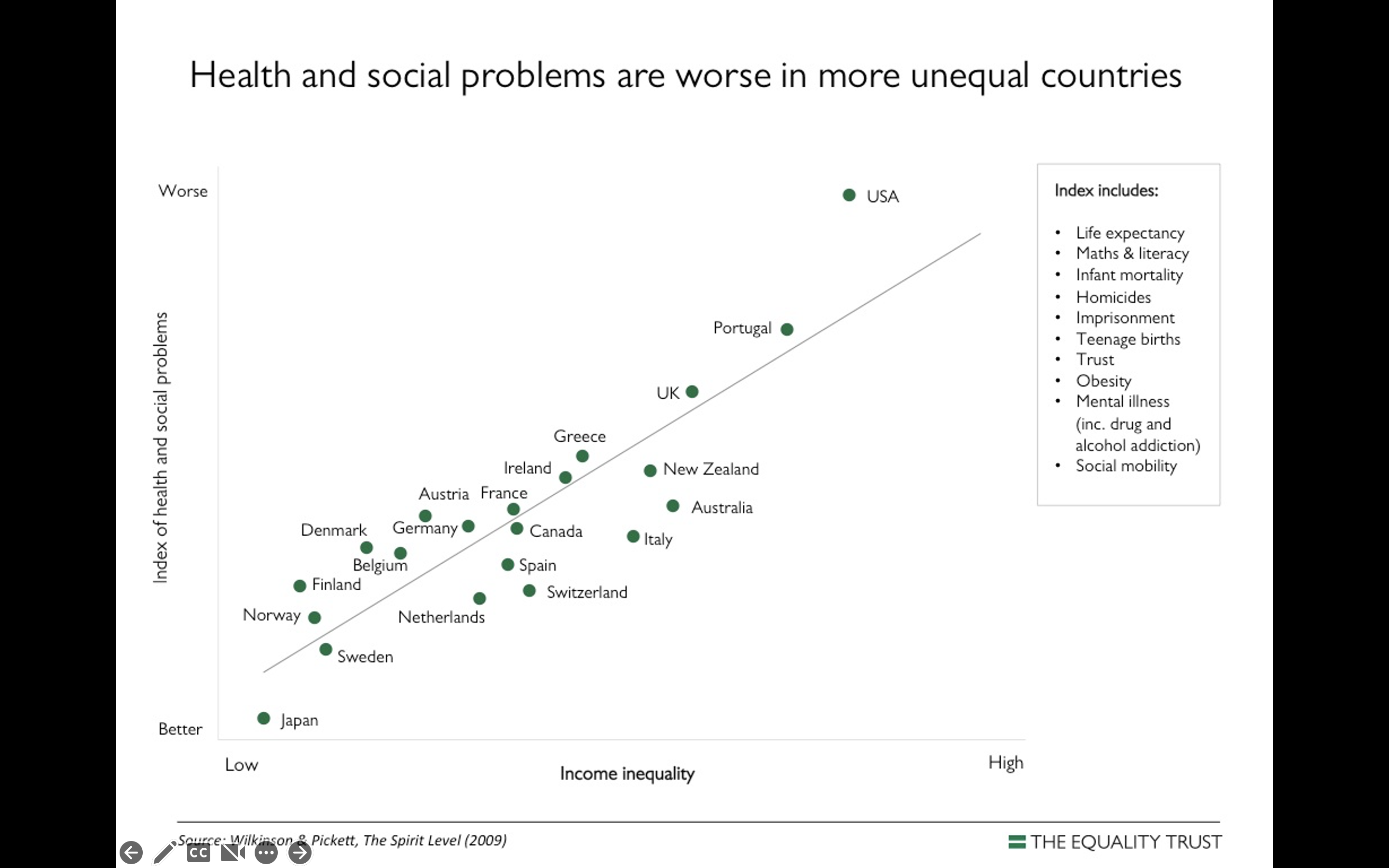 Income inequality is measured by the ratio of incomes among the richest compared with the poorest 20% in each country. The index of health and social problems combines data for 10 outcomes (trust, mental illness, life expectancy, infant mortality, obesity, educational performance, teenage birth, homicide, imprisonment, social mobility). Source: equalitytrust.org.uk
Income inequality is measured by the ratio of incomes among the richest compared with the poorest 20% in each country. The index of health and social problems combines data for 10 outcomes (trust, mental illness, life expectancy, infant mortality, obesity, educational performance, teenage birth, homicide, imprisonment, social mobility). Source: equalitytrust.org.uk
In contrast, there is no relationship between income and health and social problems.
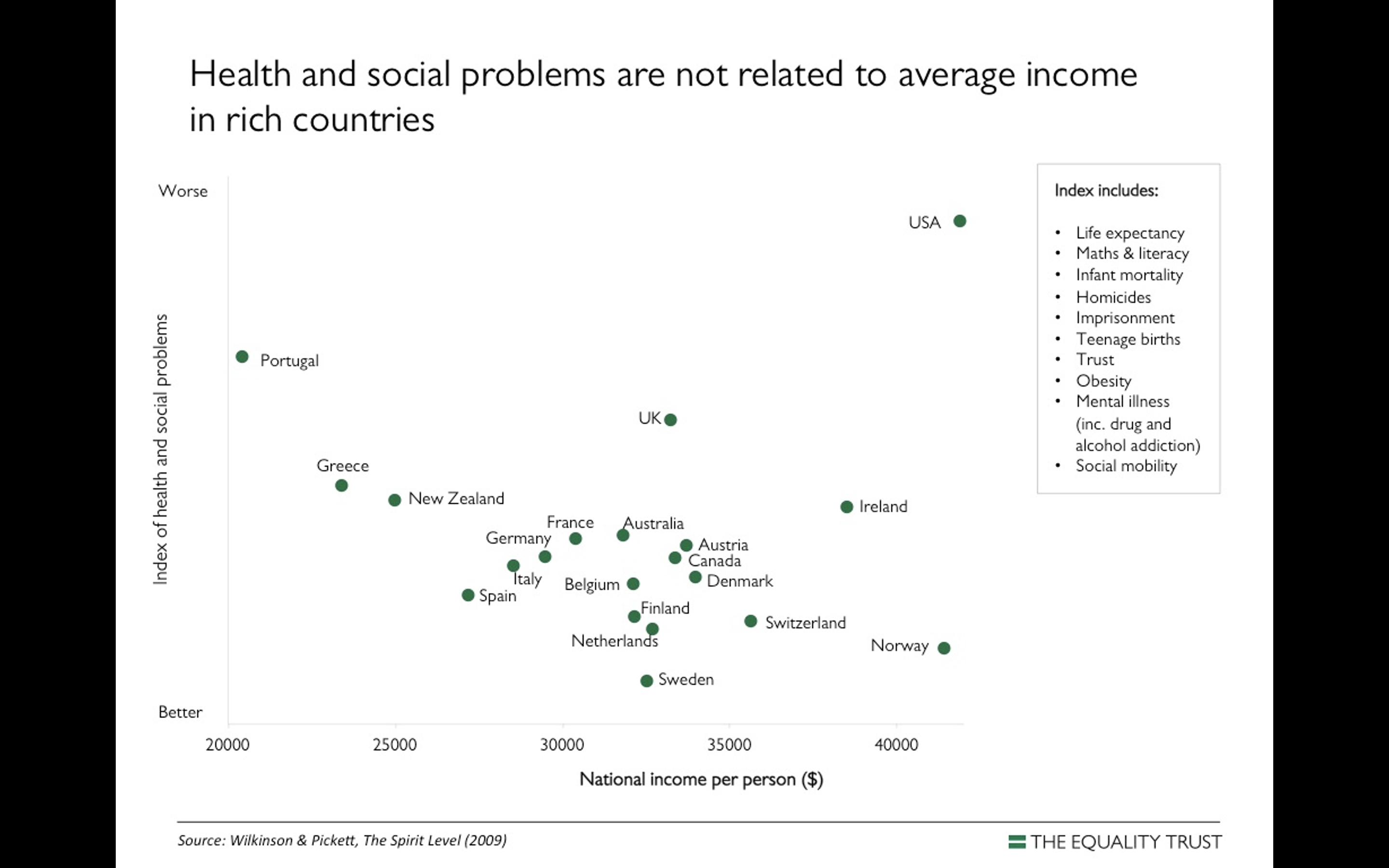 Source: equalitytrust.org.uk
Source: equalitytrust.org.uk
The same phenomenon is visible across the 50 US states:
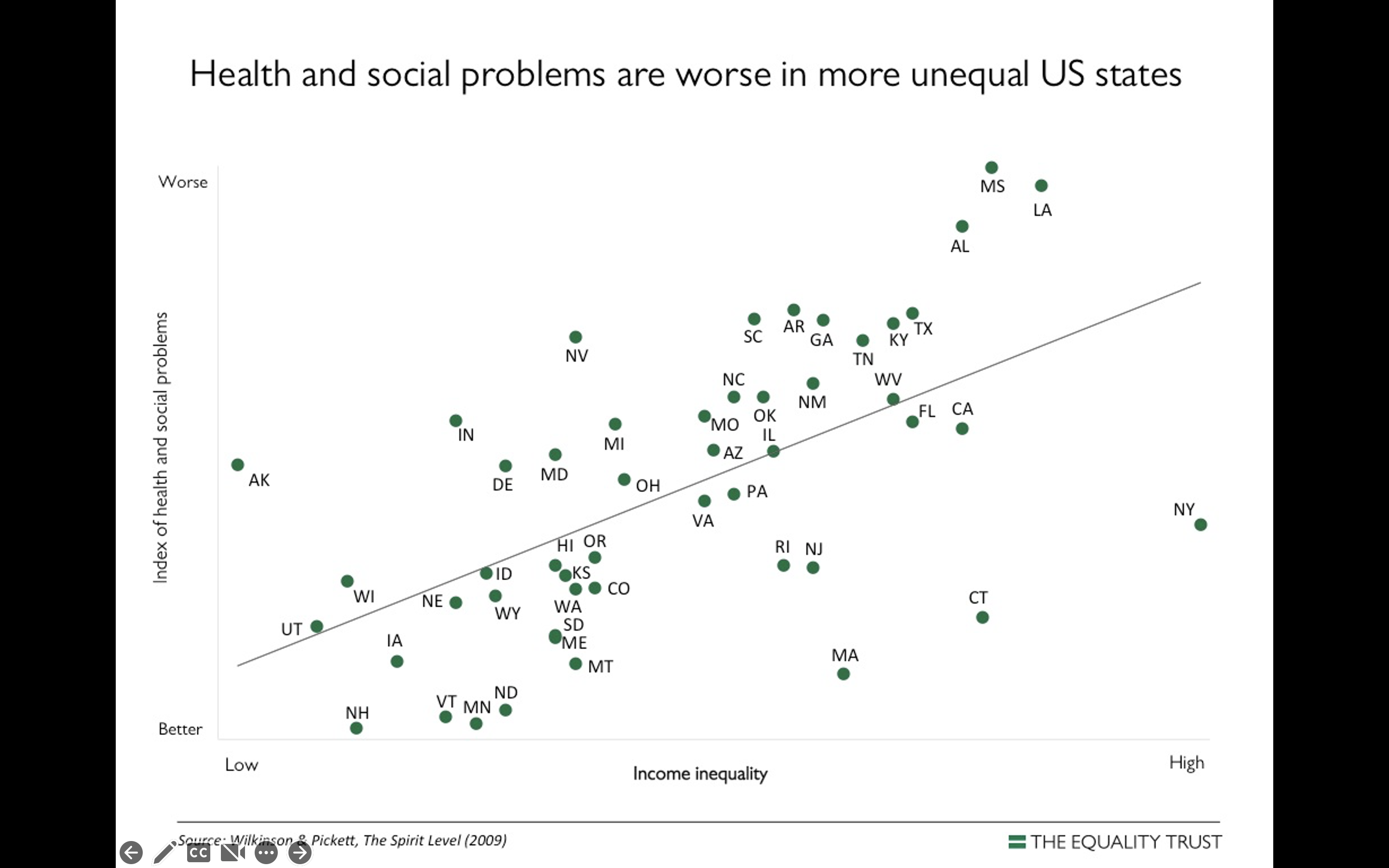 Source: equalitytrust.org.uk
Source: equalitytrust.org.uk
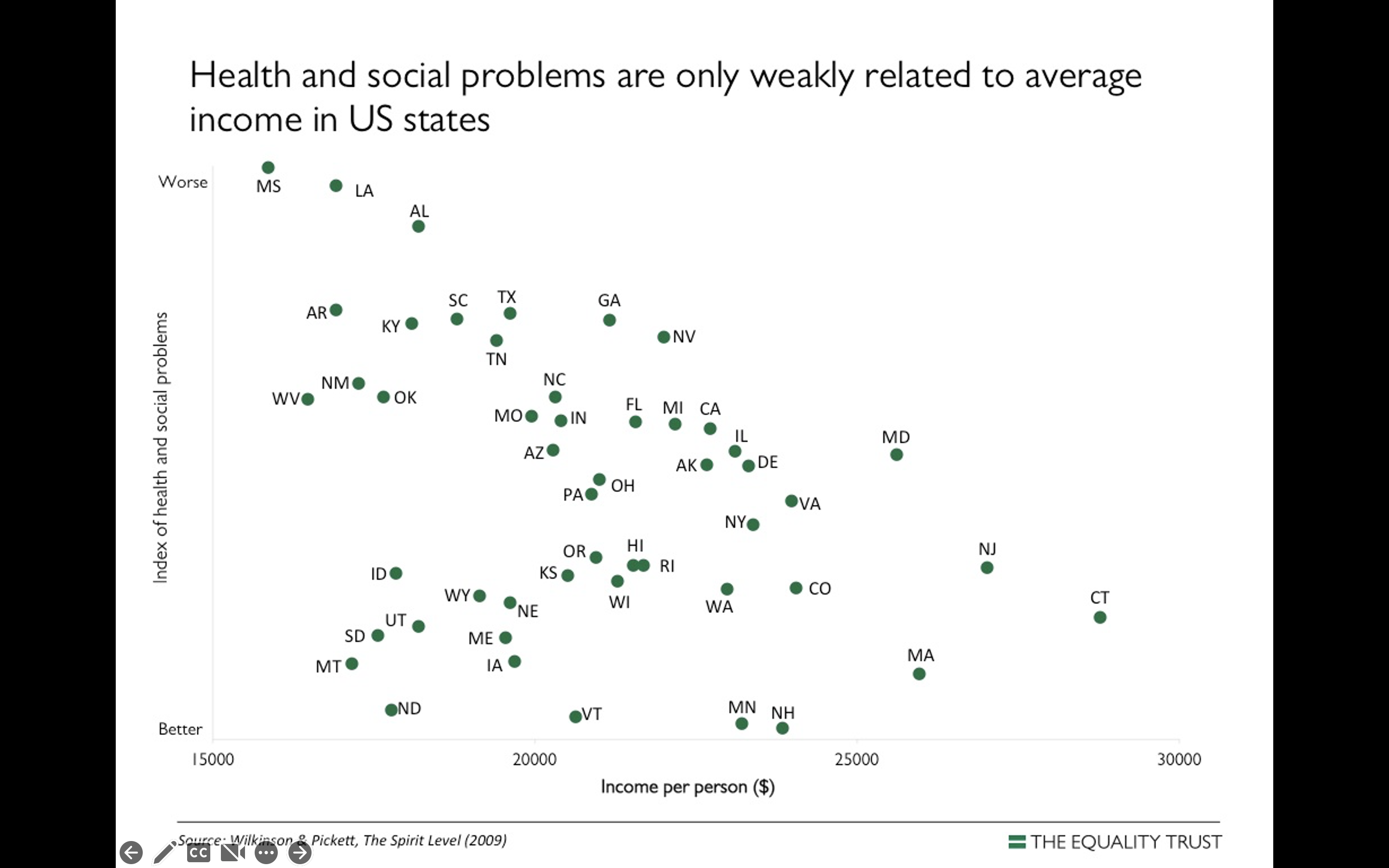 Source: equalitytrust.org.uk
Source: equalitytrust.org.uk
Note that is consistent with the fact that over 10 000$ per person, more money do not improve people' situation.
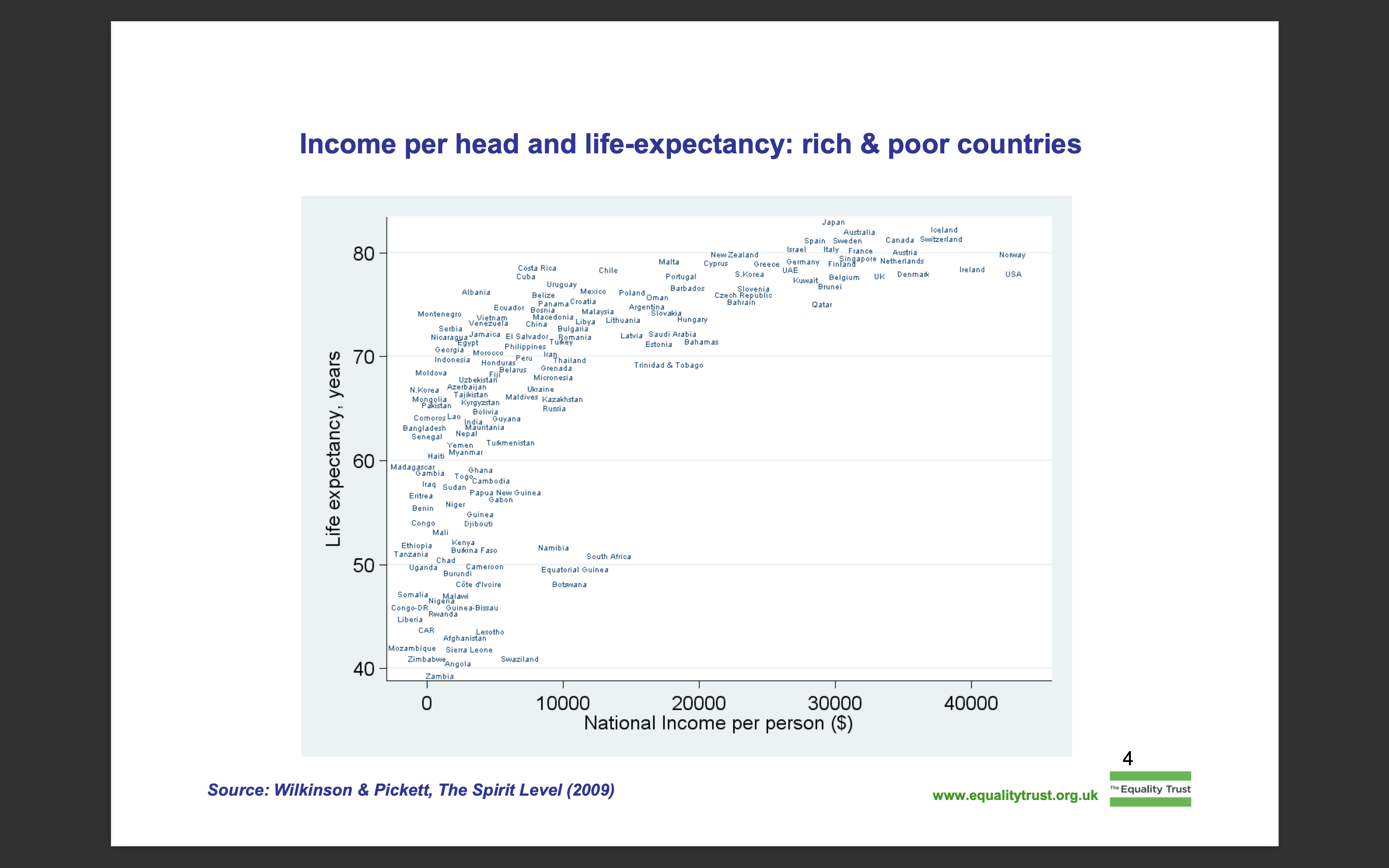
This global relationship between inequality and social problems is true for each component in particular, such as child well-being:
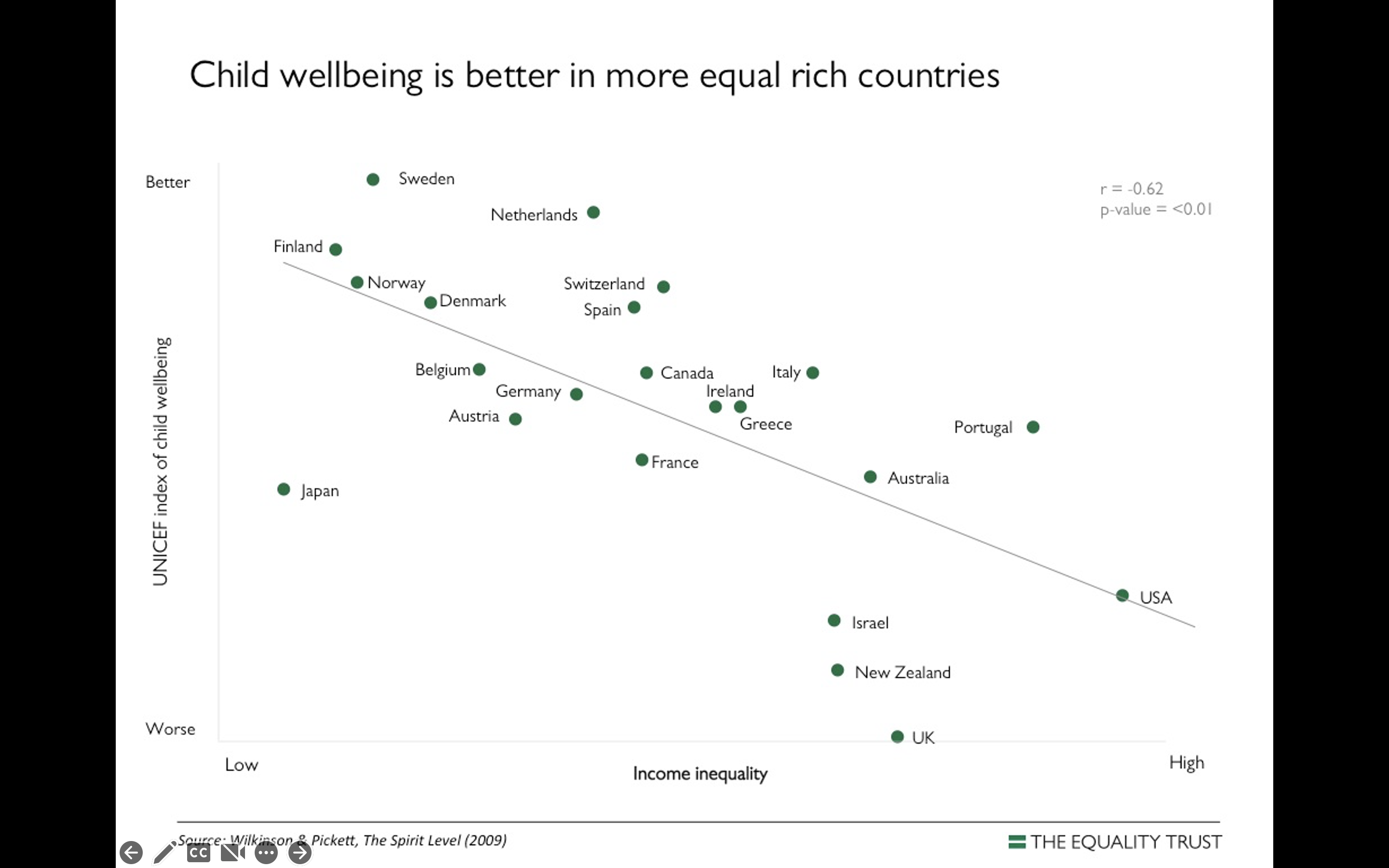 The Unicef index measured six different aspects of child well-being. Material well-being included such things as living in a home with few books, or where no adult was employed. Health and safety included items like immunization rates and deaths from accidents. Educational well-being included scores on performance tests and the proportion of children going into further education. Peer and family relationships were measured by such things as whether or not children viewed their peers as kind, and the numbers of children living in single parent and step-parent families. Behaviours and risks included smoking and drinking, how many children had sex by age 15, etc. Subjective well-being included self-rated health and other measures of how children felt about themselves. Source: equalitytrust.org.uk
The Unicef index measured six different aspects of child well-being. Material well-being included such things as living in a home with few books, or where no adult was employed. Health and safety included items like immunization rates and deaths from accidents. Educational well-being included scores on performance tests and the proportion of children going into further education. Peer and family relationships were measured by such things as whether or not children viewed their peers as kind, and the numbers of children living in single parent and step-parent families. Behaviours and risks included smoking and drinking, how many children had sex by age 15, etc. Subjective well-being included self-rated health and other measures of how children felt about themselves. Source: equalitytrust.org.uk
Mental health:
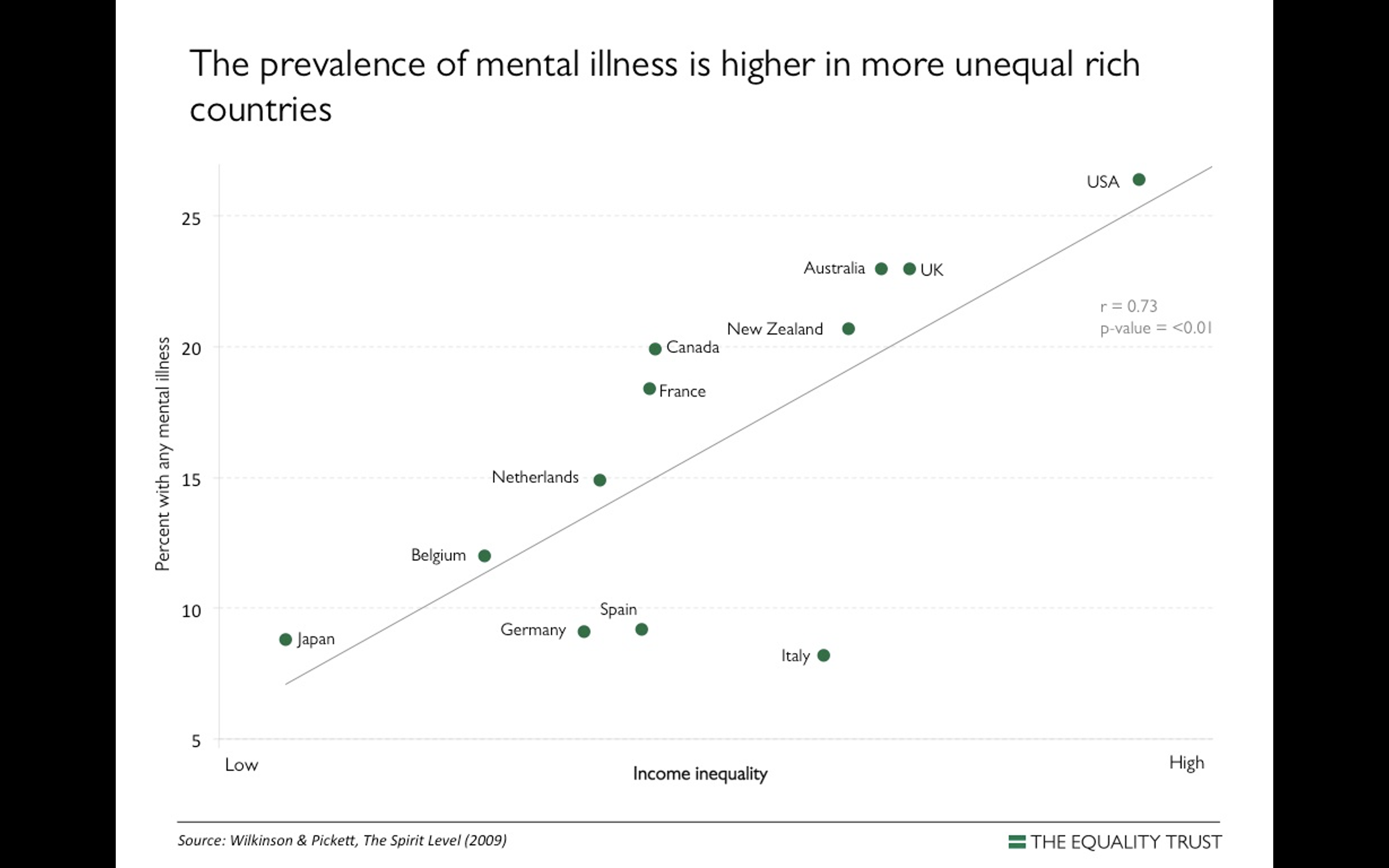 Source: equalitytrust.org.uk
Source: equalitytrust.org.uk
Or obesity:
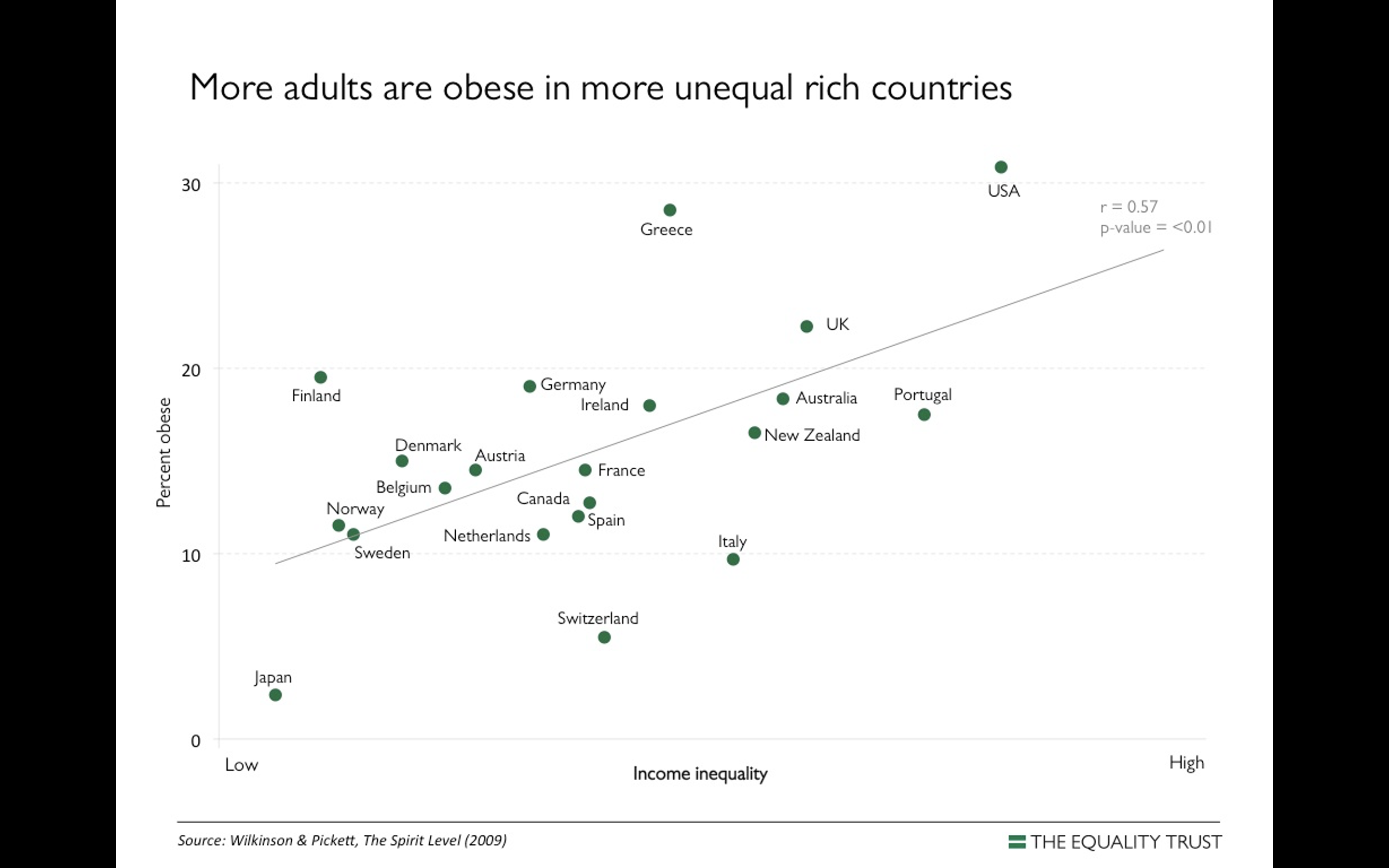 Source: equalitytrust.org.uk
Source: equalitytrust.org.uk
It may seem obvious that problems associated with relative deprivation should be more common in more unequal societies. However, if you ask yourself why greater equality reduces these problems, the common intuition is that it must be because more equal societies have fewer poor people. The assumption is that greater equality helps those at the bottom. However, the truth is that the vast majority of the population is harmed by greater inequality.
Across whole populations, rates of mental illness are five times higher in the most unequal compared to the least unequal societies. Similarly, in more unequal societies people are five times as likely to be clinically obese, and murder rates may be many times higher. The reason why these differences are so big is, quite simply, because the effects of inequality are not confined to the least well-off: instead they affect the vast majority of the population.
Compare for instance England and Sweden:
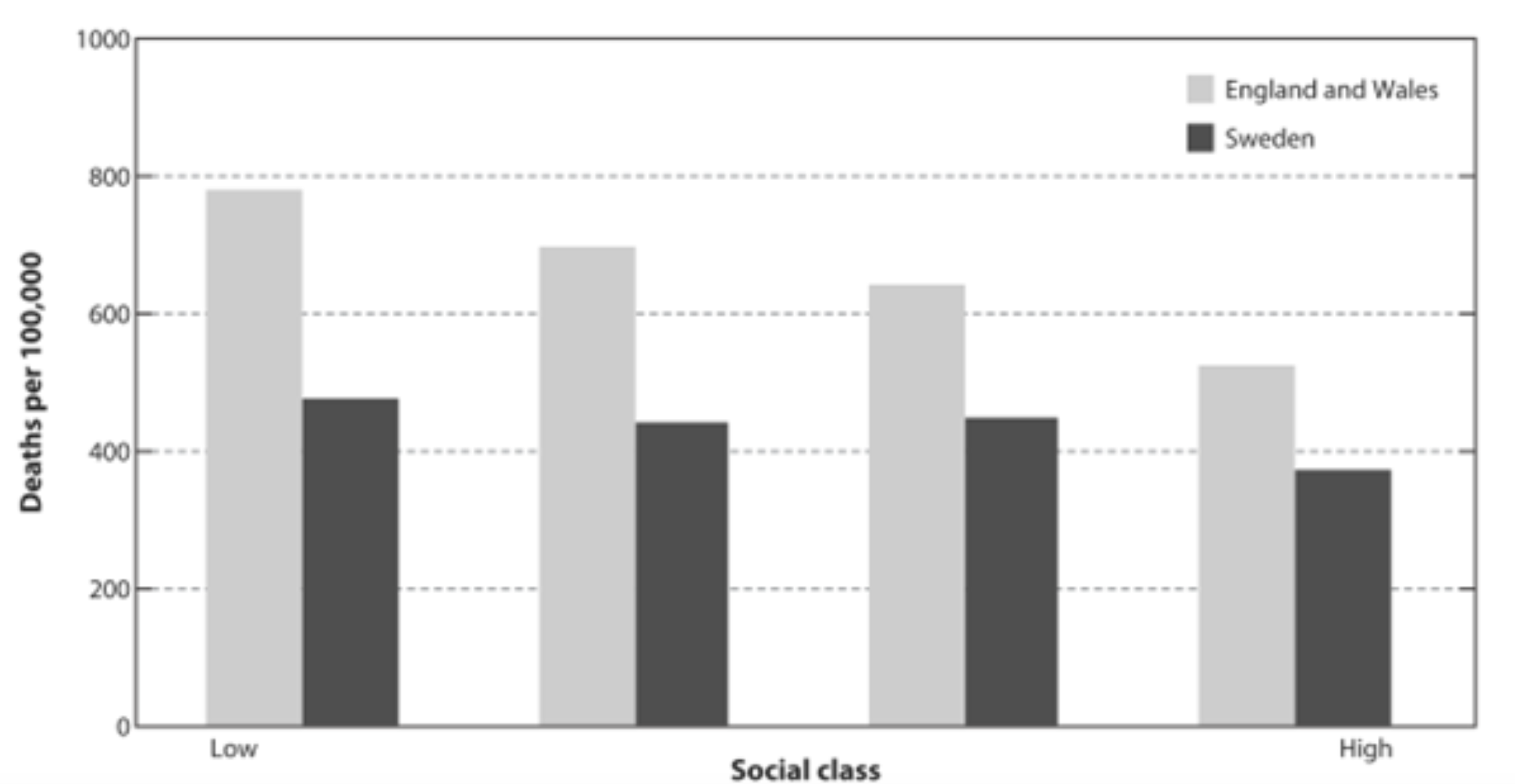 Source: equalitytrust.org.uk
Source: equalitytrust.org.uk
Or England and the US:
Inequality is bad for everyone, including the richest.
Note that this is not a question of culture (English-speaking countries, the West, the liberal, etc.). The USA and Britain do badly, but so does Portugal. Although Portugal is unequal, like the USA and Britain, it is very different in many other aspects. Same observation for Sweden and Japan. They do very well, despite their big differences. Think about family structures. Sweden has a very high proportion of births outside marriage and women are almost equally represented in politics. In Japan, the opposite is true. Even the way in which Sweden and Japan achieve their greater equality is quite different. Sweden does it through redistributive taxes and a large welfare state. As a proportion of national income, public social expenditure in Japan is, in contrast to Sweden, among the lowest of the major developed countries.
Overviews of the bare facts and statistical evidence can be found in The annual review of sociology.
OK - so far so good for the evidence. The opening question remains: Why is it the case that More Equal Societies Almost Always Do Better? For Wilkinson and Pickett, the explanation has to be found in human nature. We can list three main causes in their book:
1) Humans belong to a social species (as many primates). As such, we have a drive for being at the top of the social ladder and we always crave for status. This has several consequences:
- People's self-esteem is indexed on others' performance and evaluation. The more unequal the society, the more people feel threatened. Indeed, Dickerson and Kemeny reviewed more than two hundreds experiments in which people's cortisol levels (a central stress hormone) were measured while they were exposed to an experimental stressor. They classified all the different kinds of stressor used in experiments and found that: ‘tasks that included a social-evaluative threat (such as threats to self-esteem or social status), in which others could negatively judge performance, particularly when the outcome of the performance was uncontrollable, provoked larger and more reliable cortisol changes than stressors without these particular threats'. They suggest that: ‘Human beings are driven to preserve their social self and are vigilant to threats that may jeopardize their social self-esteem or status'.
- The release of cortisol raises blood pressure and blood sugar levels, from which myriad health and social problems unfold. This seemingly hard-wired response has been well studied in social hierarchies of monkeys; low-status animals become predisposed to atherosclerosis and cardiovascular disease. Humans experiencing chronic stress exhibit similar symptoms, accumulating abdominal fat under the influence of a part of the brain associated with addiction. Cortisol overrides 'feel-good hormones' such as oxytocin, involved in establishing trust, and dopamine, the reward signal that reinforces memory, attention and problem-solving ability. Cortisol-induced stress predisposes some individuals to mental illness or violent behaviour. It can hasten the arrival of puberty, which may prompt premature sexual adventures, providing a plausible explanation of the high prevalence of teenage pregnancies in the most unequal societies. Cortisol also transmits stress to a fetus, with lasting consequences for physical and emotional development. The stress response may also lead to illicit drug use. Monkey social hierarchies provide a clue: dominant animals secrete dopamine and feel good about their place in the world, whereas monkeys at the other end of the status scale are more inclined to self-medicate - with cocaine if given the opportunity.
- Unequal societies decrease almost everyone's self-esteem and has consequences over children's aspirations (they have lower aspirations in more unequal societies) and their motivation when they realize that some of their peers are better equipped than themselves for educational challenges.
- People want to be as good as others. The bigger the differences, the stronger the need to meet others' standards. Frank observes the same phenomenon and calls it ‘luxury fever' [1]. As inequality grows and the super-rich at the top spend more and more on luxury goods, the desire for such things cascades down the income scale and the rest of us struggle to compete and keep up. While inequality has been rising in the USA and Britain, there has been a long-term decline in saving and a rise in debt. Robert Franck notes that in 1998, even though the American economy had been booming as never before, one family in 68 filed for bankruptcy - four times the rate in the early 1980s before the most dramatic rises in inequality. By 2002, unpaid credit card debt was $9000 for the average card-holder. Looking at the evolution of this phenomenon over ten years, Franck found that bankruptcy rates rose most in parts of the USA where inequality has risen most. The growth of inequality made it harder for people to maintain standards relative to others. The increased pressure to consume leads people to save less and borrow more. This fits well with the fact that spending on advertising also varies with inequality - in more unequal countries a higher proportion of GDP is spent on advertising, with the USA and New-Zealand spending twice as much as Norway and Denmark. Work is of course another variable to increase your consumption and indeed, several studies have shown that people work longer in more unequal societies. Another study suggested that the decision married women make about taking paid work are also affected by personal inequalities: women who were married to employed men being more likely to take job themselves if they live in an area in which men's incomes are more unequal.
- People may use violent strategy to defend their status. The more we feel devaluated by those above us and the fewer status resources we have to fall back on, the greater will be the desire to regain some sense of self-worth by asserting superiority over more vulnerable groups. That's what social psychologists call 'displaced aggression'. Examples include: the man who is berated by his boss and comes home and shouts at his wife and children; the higher degree of aggression in workplaces where supervisors treat workers unfairly; the way in which prisoners who are bullied turn on others below them in the prison hierarchy.
- Men, compared to women, have strong incentives to achieve and maintain as high a social status as they can, because their success in sexual competition depend on status (see Buss for instance). This explains not only why feeling put down, disrespect and humiliated are the most common trigger for violence; it also explains why most violence is between men - men have more to win and lose from having or (failing to gain) status. Reckless, even violent behaviour comes from young men at the bottom of society, who must struggle to maintain face and what little status they have often reacting explosively when threatened (see Wilson and Daly's famous study of homicide at Chicago).
2) Humans are a highly cooperative species (contrary to most primates)
Social support is central for humans and in the same way that competition is stressful, lack of support is painful. As recently demonstrated by Eisenberger and Lieberman, social exclusion activates the same neural network as physical pain.
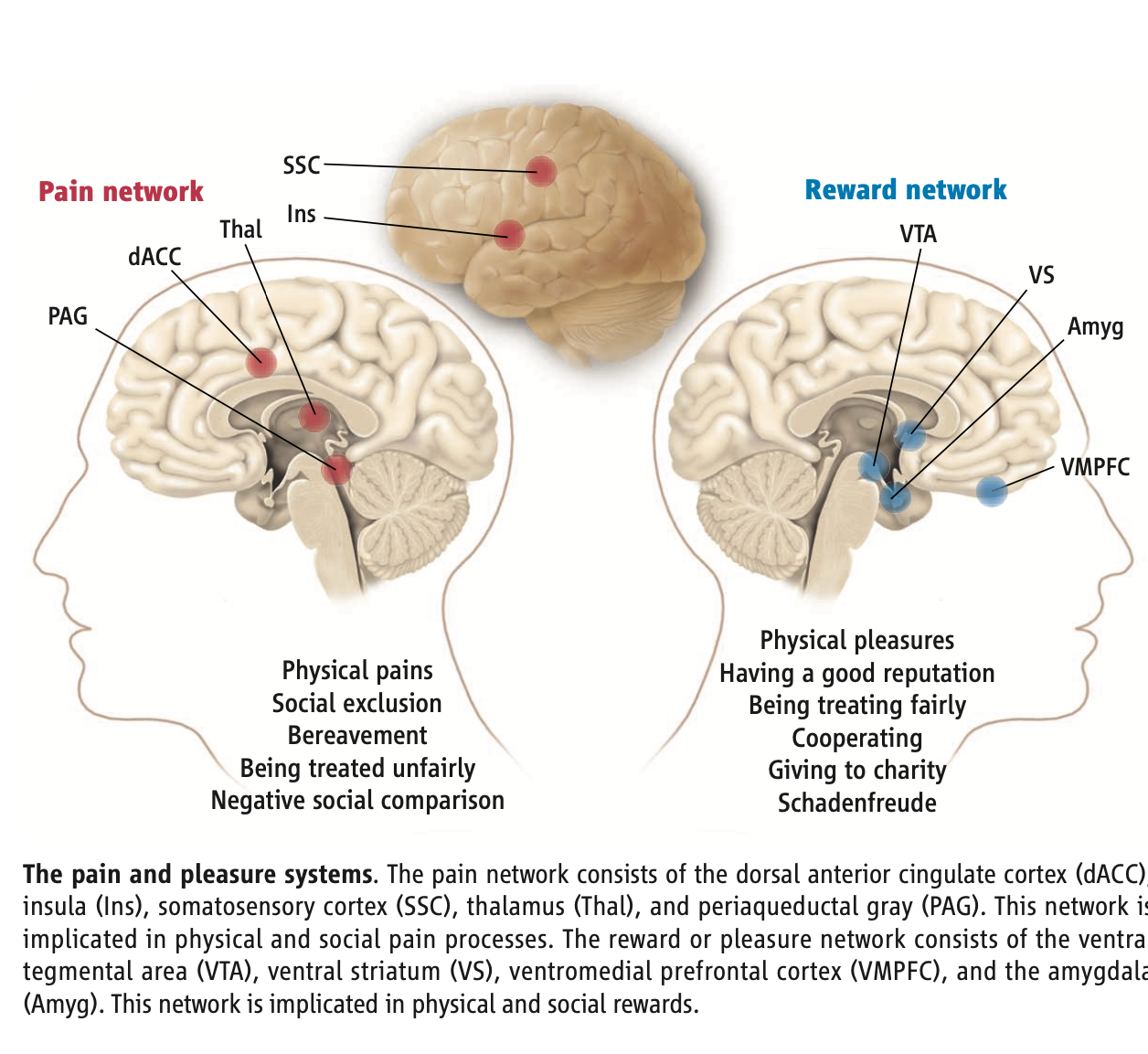
Sociological studies suggest that people have less social support in more unequal societies. Indeed, people trust each other less in more unequal societies.
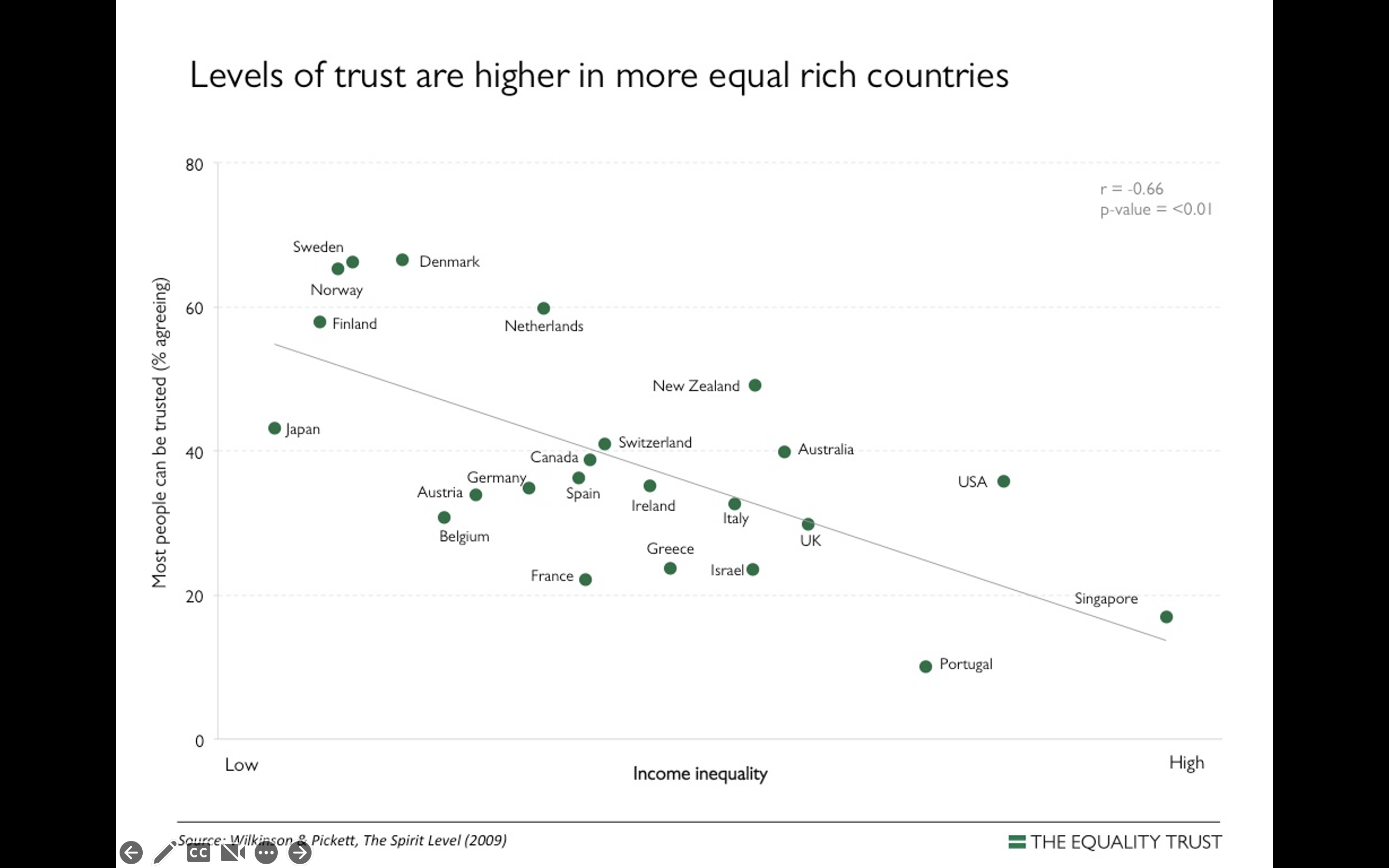 Source: equalitytrust.org.uk
Source: equalitytrust.org.uk
In The moral foundations of trust (see especially p. 187), Uslaner shows that, in the USA, people who trust others are more likely to donate time and money to help other people. ‘Trusters' also tend to believe in a common culture and that Americans are held together by shared values. Similarly, in his famous Bowling alone, Putnam links the rise of inequality in America and the fall of investment in collective activities. High level of trust means that people feel secure, they have less to worry about, they see others as co-operative rather than competitive. More generally, as Durkheim suggested long ago in Le suicide, having friends, being married, belonging to a religious group or other associations and having people who will provide support are all protective of health.
3) Human face a trade-off between quantity and quality strategy (as all living beings)
From an evolutionary point of view, living beings face a trade-off between quantity and quality strategy. This theory predicts that people who learned, while growing up, ‘to perceive others as opportunistic and self-serving and resources as scarce and/or unpredictable' would reach maturity earlier, be sexually active earlier, be more likely to form short-term relationships and make less investment in parenting. Bycontrast, people who grow-up learning ‘to perceive others as trustworthy, relationships as enduring and mutually rewarding and resources more or less constantly available' would mature later, defer sexual activity, be better at forming long-term relationships and invest more heavily in their children's development. In line with such a theory, several studies have also shown that early conflict and the absence of a father do predict earlier maturation - girls in such situations become physically mature and start their period earlier than girls who grow up without those sources of stress.
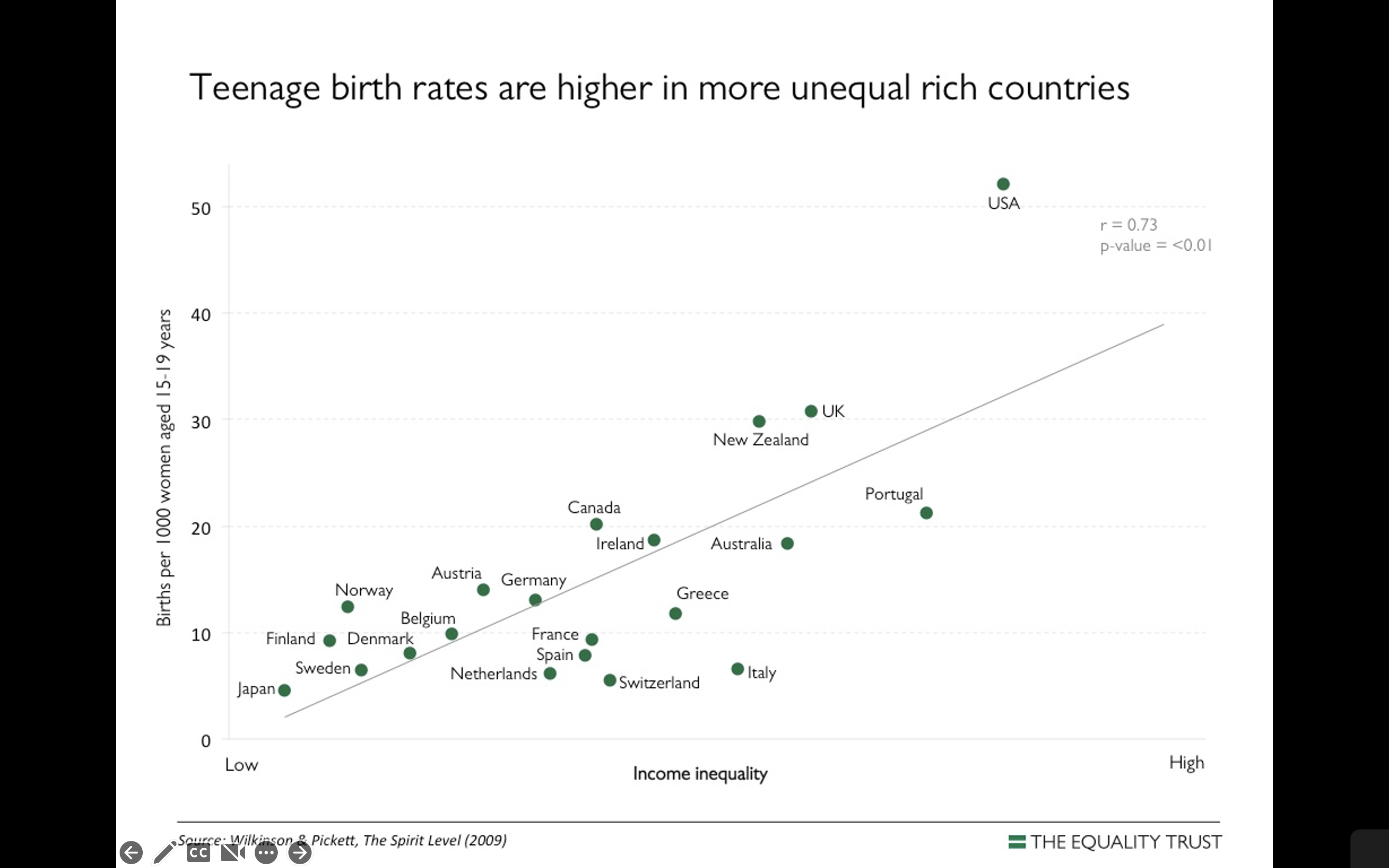 Source: equalitytrust.org.uk
Source: equalitytrust.org.uk
In the same way, the behaviour of boys and young men who grow up without fathers has been described as ‘hypermasculine', with boys engaging in ‘rigidly overcompensatury masculine behaviours' - crime against property and people, aggression and exploitation and short-term sexual conquests.
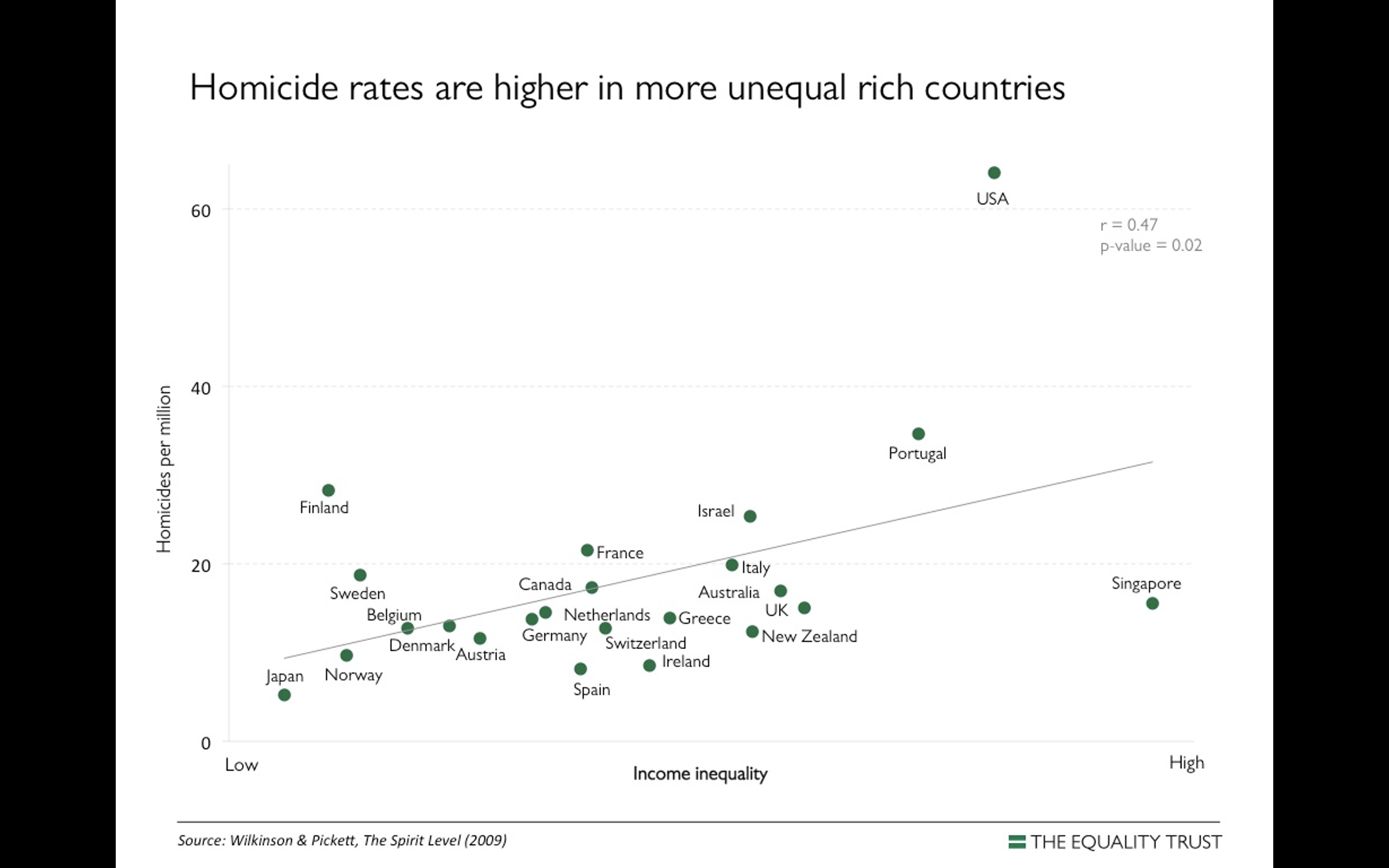 Source: equalitytrust.org.uk
Source: equalitytrust.org.uk
A personal note and a ‘cognition and culture' conjecture
Coming from a small town in the west of France, I remember being impressed by Parisian folks. They were so competitive! Talking about cooking, travelling, wine and so on, I often felt quite incompetent. But my feeling was not just about how skilled they were. I also had the feeling that they took life more seriously: They bought books for cooking (and so was I all of a sudden), they wrote diaries when they were abroad, they took a ‘year off' to discover the world, they went to old European cities for their week-ends, etc. By contrast, in my more equal ‘province' people seemed more relaxed. Of course, they cooked, they travelled, they took breaks, but it did not look like they were working on their lives. I'm not saying that the Parisians did not truly like what they did, they just did it more seriously. Was it a question of culture? In the light of The Spirit Level, it looks like it might come down to levels of inequality. Parisians live in a more unequal society where they have to do more to meet their standard of self-esteem and where they have to constantly promote their self. In province, by contrast, even in the same social class, with the same income and the same cultural background, people feel less threaten and are therefore less motivated to take their hobbies seriously.
Although it sounds bourdieusian, this theory is quite different. It is not about lower classes trying to imitate higher classes; it is about the increase in competition within the same social classes. Furthermore, it makes testable predictions regarding the cultural spread of high-culture goods. The more unequal is your society, the more people should consume cooking classes, travel books, etc. Similarly, within the same society, people of a given social, economic and cultural background should buy more of these goods when they live in unequal cities than their counterparts living in less unequal cities.
Going back to politics
First, I'd like to quote Wilkinson and Pickett on poverty.
"Every problem is seen as needing its own solution - unrelated to others. People are encouraged to take exercise, not to have unprotected sex, to say no to drugs, to try to relax, to sort-out their work-life balance, and to give their children ‘quality' time. The only think that many of these policies do have in common is that they often seem to be based on the belief that the poor need to be taught to be more sensible. The glaringly obvious fact that these problems have common roots in inequality and relative deprivation disappears from view." (p 234)
Second, equality may also be a way to tackle climate change.
"We might hope that new technology will save us from the rigours of carbon rationing. However, although green innovations which reduce fuel consumption and carbon emissions are an essential part of the change we need to make, they cannot solve the problem on their own. Imagine that a new generation of car engines is introduced which halve fuel consumption. Driving would then be cheaper and that would save us money which we would certainly spend on something else. We might spend it on driving more, or on buying a bigger car, or on more power-hungry electrical equipment - perhaps a bigger fridge-freezer. But however we spend the money put back in our pockets by more efficient car engines, our additional consumption will probably add to carbon emissions elsewhere and lose much of the original environmental benefit." (p. 219)
That's where equality is needed:
"Instead of policies to deal with global warming being experienced simply as imposing limits on the possibility of material satisfaction, they need to be coupled with egalitarian policies which steer us to new and more fundamental ways of improving the quality of our lives." (p.226)
A final note on base-ball
To conclude, you may not care about politics, health, equality, social mobility. That's fine because there is another argument. Studies based on thousand of base-ball matches show that the more equal the salaries in a base-ball team are, the better its performance!
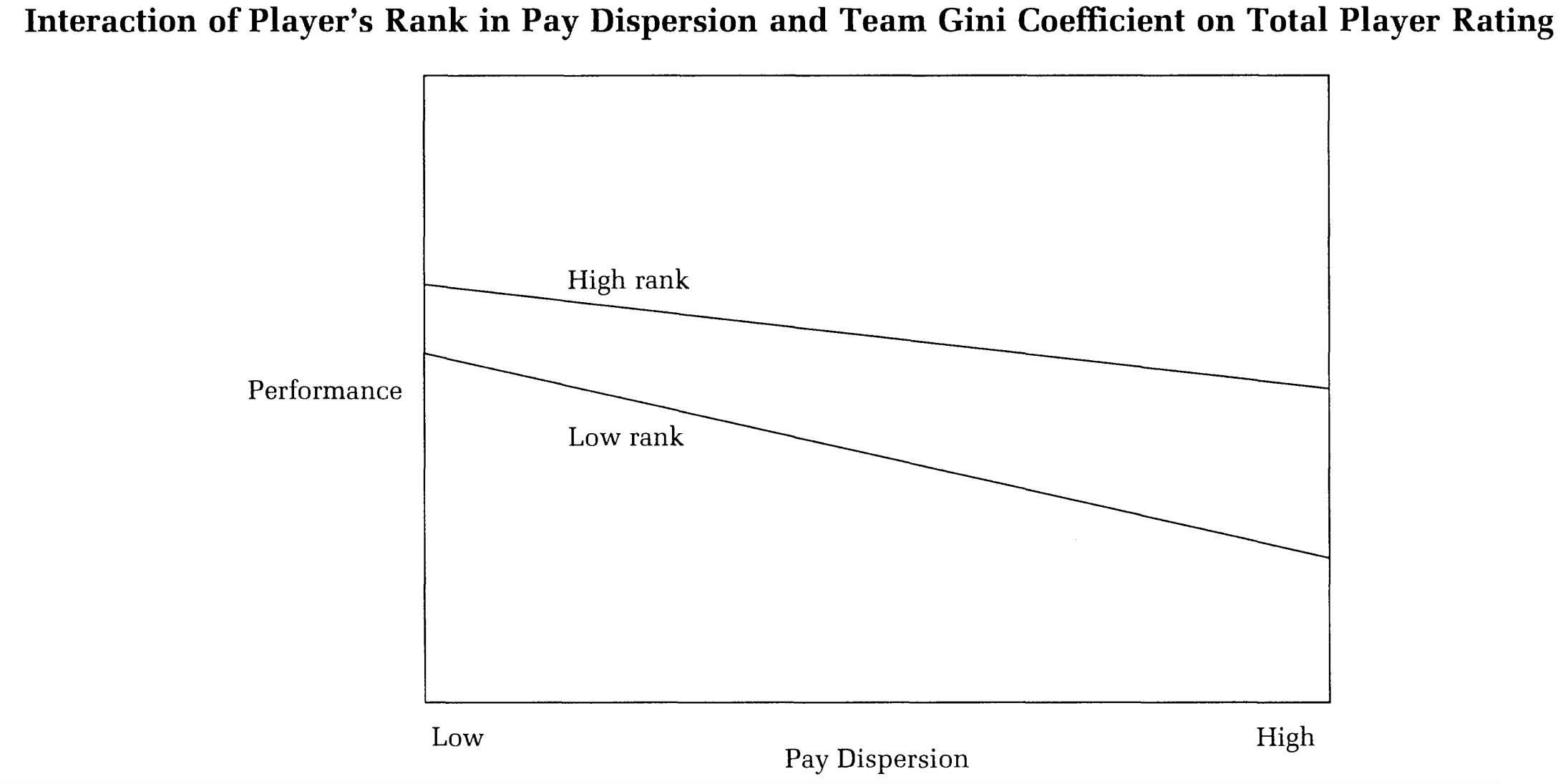 Source: Bloom, M. (1999). The performance effects of pay dispersion on individuals and organizations.
Source: Bloom, M. (1999). The performance effects of pay dispersion on individuals and organizations.
Academy of management journal, 42(1), 25-40.
[1] Frank, R. H. (2000). Luxury fever: Money and happiness in an era of excess. Princeton University Press.



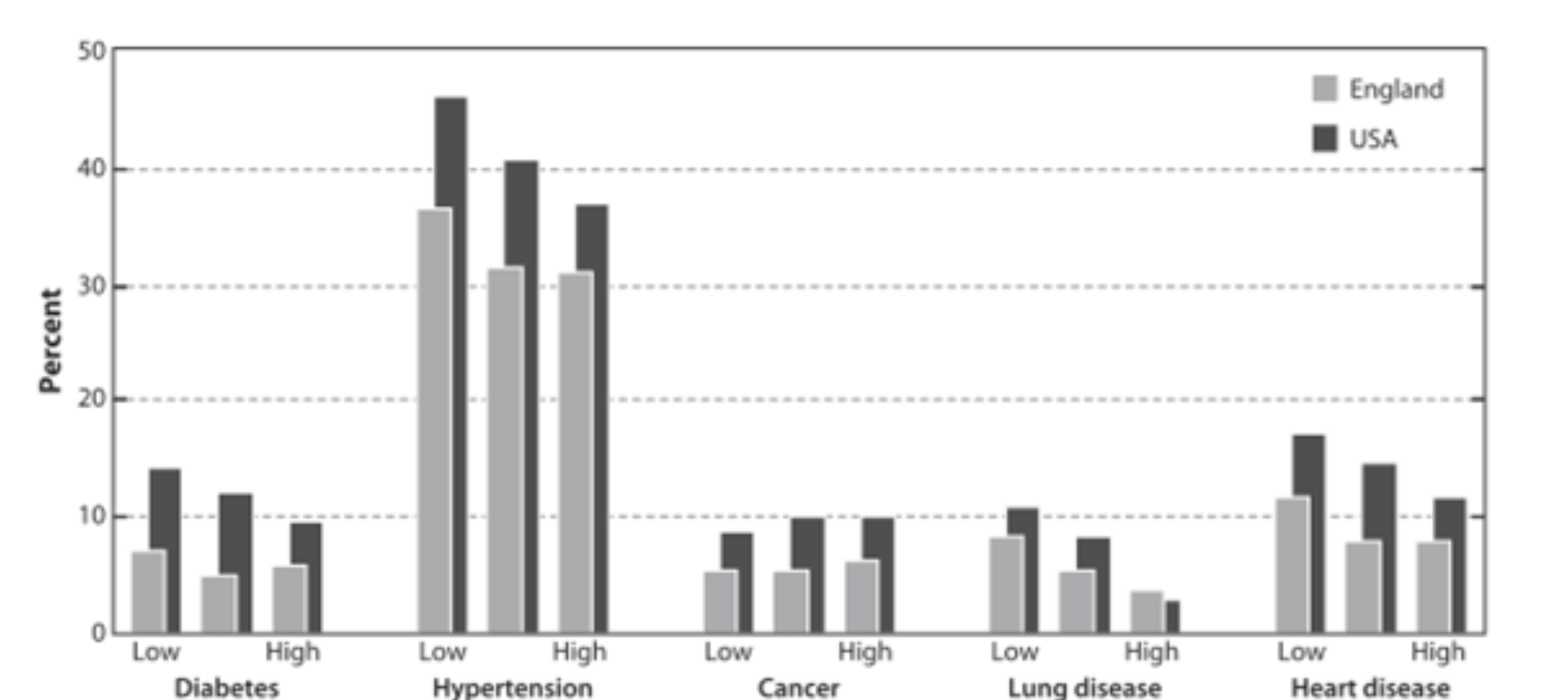
Pierre Lienard 14 February 2010 (17:05)
And Nevada is probably going to cut in half the allocated number of diapers for the adult incontinent indigents. More misery!
Olivier Morin 14 February 2010 (17:27)
Thank you Nicolas for pointing to this fascinating work. This critique by David Runciman explores some problems with Wilkinson and Pickett's thesis. Excerpt: "This is why the difference between ‘almost everyone’ and ‘everyone on average’ matters so much: politics. If it is almost everyone who would benefit from a more equal society, then this is an encouragement to solidarity across social boundaries, so that joint action to remedy the problem might be possible. But if it is everyone on average, then this can go along with an absence of solidarity and the hardening of divisions, because the disadvantages may be so unequally distributed"
naochan baumard 14 February 2010 (23:28)
After reading your post, I guess we're all wondering ourselves What the hell are the poticians waiting for to turn this amazing theory into an application? This is a really positive approach of how countries/states could handle many of their problems by adopting one single model: [b]a more equal society.[/b] It is very surprising to see that so many correlations exist between this model and the society matters in general , such as health, violence, etc You did a great job![color=black][/color][size=small][/size]
Rajat Chaudhry 22 February 2010 (18:59)
One data point which kind of goes against this article's conclusion is suicide rates. The US and UK(especially UK) have lower suicide rates than most of the equal societies. In fact Japan which does the best in most measures of this study has a suicide epidemic going on. Initially when I looked at the data I thought it could be explained due to the aging populations of the more equal societies but even when you look the different age groups the differences are the same. The difference gets worse when you look at the data for women. I would say main factors leading to suicide are financial stress, loneliness, lack of hope and mental illness - which this article claims are lower in the equal societies.
Nicolas Baumard 23 February 2010 (09:24)
in Psychological Science Boyce, C. J., Brown, G. D.A., Moore, S. C. 18/02/10 Does money buy happiness, or does happiness come indirectly from the higher rank in society that money brings? We tested a rank-income hypothesis, according to which people gain utility from the ranked position of their income within a comparison group. The rank hypothesis contrasts with traditional reference-income hypotheses, which suggest that utility from income depends on comparison to a social reference-group norm. We found that the ranked position of an individual’s income predicts general life satisfaction, whereas absolute income and reference income have no effect. Furthermore, individuals weight upward comparisons more heavily than downward comparisons. According to the rank hypothesis, income and utility are not directly linked: Increasing an individual’s income will increase his or her utility only if ranked position also increases and will necessarily reduce the utility of others who will lose rank. (thanks to Karim N'Diaye)
Dan Hat 3 March 2010 (12:45)
There is an obvious basic failure here that people seem to be skipping over. Strange since it manifests in the article title. The problem is the concept of "Do Better". The assumption is that happiness is the end goal of life. An assumption that is not in line with the science. Happiness, fear, anger and other emotions are tools humans have that allow us to quickly process and react a complicated world. While equality and happiness may very well be related it is not shown that higher levels of happiness are meaningful to the over all health of a society. Production levels, the ability to react to and solve problems, a general tendency to innovate and so on. Life is, in the end, about reproduction and not happiness. Another factor that is not accounted for is time. All the data seems to have been collected within a very narrow window if time. A drunk might be happier than a sobaer man while drunk but when he dries out he becomes much less happy. What happens if the experiment in social democracy and socialism end up having a good run of 150-200 years and then collapse under the weight of debt? How do you calculate the cost to happiness of those events? "Doing better" is simply not a defensible claim with the information provided. Especially since "doing better" is never even defined.
Thom Scott-Phillips 5 March 2010 (09:44)
"Doing better" means doing better on whatever variable it is that is been looked at. If health is the dependent variable, then "doing better" means having a better index of health. Wilkinson and Pickett (W&P) look at all sorts of variables (obesity, drug use, child well-being, education, spending on foreign aid, women's status, and many more) and find that in all cases more equal socities do better. Of course, you may not agree about which end is 'better' for some of these variables - I can imagine that some may think that, for example, spending on foreign aid should be as close to zero as possible, and if so they would conclude that more [i]un[/i]equal societies do better (since more unequal societies spend less per head, as W&P's data shows). But for the most part what is "better" is intuitive. And of course the data is collected only in recent times. But I'd like to see the argument in response to W&P that these equitable societies are living like drunks, and will soon wake up to a terrible hangover. Given the amount of data and argumentation they assemble, that sounds like a hard sell to me. The book is a compelling read; and Nicolas pointed out in the original post, it very much has a cognition and culture approach. Highly recommended.